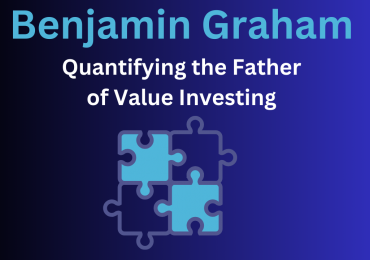In today’s financial world, the line between investing and speculation are often blurred. What is the real distinction between the two? Jason Zweig endeavors to answer that on The Wall Street Journal’s Total Return blog.
“As Josh Brown at the Reformed Broker pointed out earlier this week, nearly all commentary about the financial markets is tailored to speculators, not investors,” Zweig writes. “That can contaminate the mind of even the most intelligent investor with speculative thinking. How can you keep your head clear?”
Zweig notes that up until the 20th century (and for a good chunk of that century), all stocks were considered speculative. Bonds were considered investments, because they guaranteed a return of capital. The late, great Benjamin Graham helped change that. “He wanted people to see things differently,” Zweig writes. “Graham insisted that stocks could be investments and bonds could be speculations – all dependent on the price. If a stock’s price is cheap relative to its underlying value as a cash-generating business, that stock is an investment. If a bond is trading above the sum of its maturity value and all its future interest payments, that bond is a speculation.”
So how can one define investment and speculation? Zweig offers this: “An investor never buys purely because an asset’s price has been going up and never sells merely because its price has been going down. An investor uses internal sources of return — dividends, rising future profits or asset values — to estimate what an investment is worth.” And a speculator? “A speculator buys and sells on the basis of recent fluctuations in price,” Zweig says. “A speculator uses external sources of return — primarily what he thinks someone else might pay — to estimate what a speculation is worth.”
Zweig’s piece was the second of a two-part examination of the investment/speculation question. You can read the first article here.









